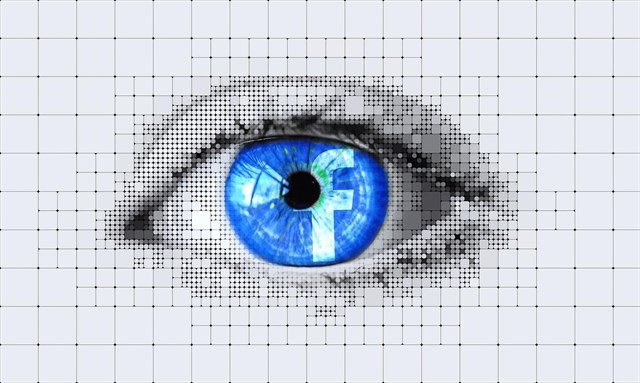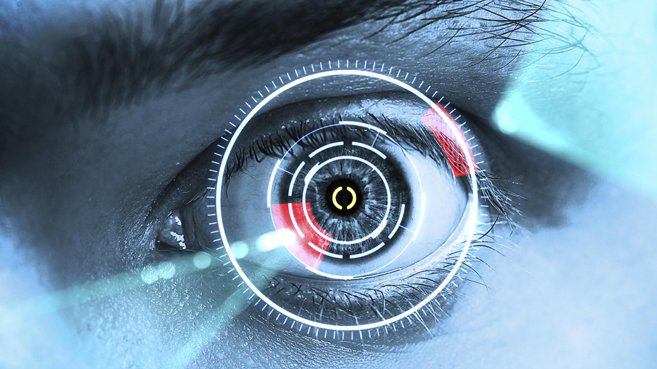 File
File With the Cambridge Analytica case still kicking-the company used data from 50 million Facebook users to carry out massive manipulative actions in the face of the US presidential election-and Mark Zuckerberg's subsequent statement to Congress, now The social network has resumed the request to Europeans and Canadians to be able to use their facial recognition technology in photos and videos, according to the BBC.
Initially the initiative dates back to 2011, but the company backed down after protests from regulators and citizens themselves. However, with the imminent arrival of the General Data Protection Regulation (GDPR) on May 25, Facebook wants to accelerate these permits. It will not be easy since it also has pending a class action in the United States for deploying facial recognition technology without the explicit consent of citizens.
Citizens outside of the European Union and Canada will be asked to review a similar set of privacy controls in the coming months, but will remain subject to facial recognition unless they choose not to participate in the system
This recognition service works by assigning a user or a template that is calculated by analyzing the images in which they have already been tagged. So, when you find matches, ask the people who apply the appropriate tags and can detect if someone is trying to use a stolen photo for your page.

